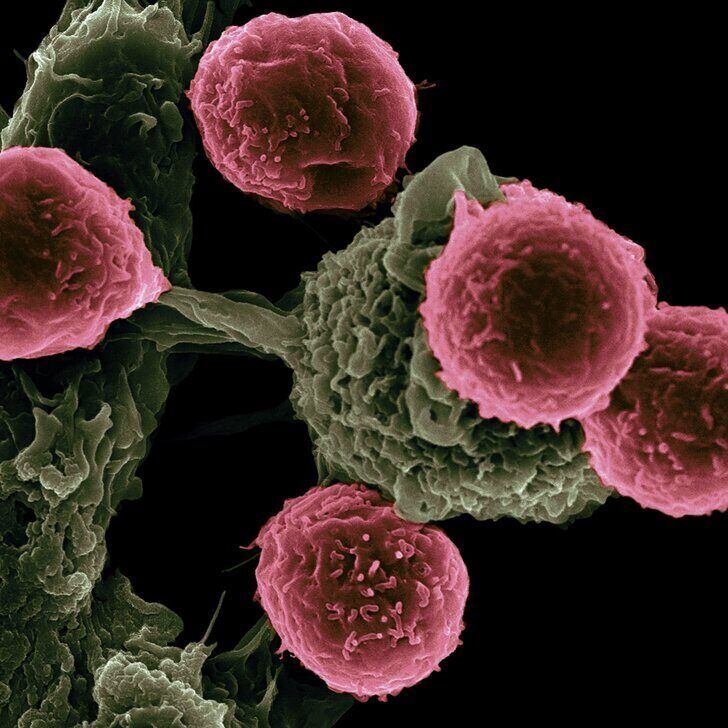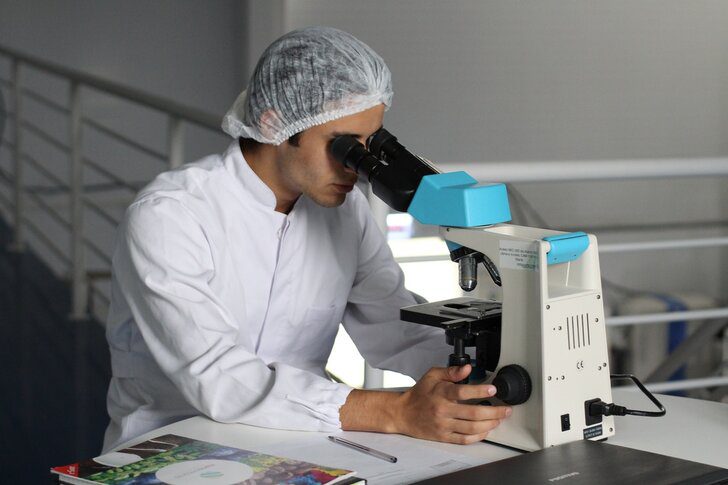We’ve all heard the saying, “Hard work always pays off.” Some of us have even experienced it first hand in life. But is it applicable to everything in this world? Well, absolutely not!
In the medical field, efforts alone aren’t enough to achieve success. Sometimes luck is also required to keep things moving. That’s why even after investing eight long years in a project, researchers haven’t been able to replicate cancer biology studies.

What’s the ruckus about?
A couple of years ago, a group of researchers initiated a study called “Reproducibility Project: Cancer Biology” to replicate 193 experiments from 53 top cancer papers published between 2010 and 2012.
Unfortunately, the team could only reproduce a quarter of those experiments published on December 7, 2021, in eLife. As per the team’s report, they couldn’t complete a majority of experiments either due to lack of data or unwillingness of the authors to contribute.
Here’s how the study was conducted and what was found in it.
The process and the findings…
In order to measure the success of any replication, the team used five criteria, where four focused on effect size and one on the similarity of results between original and replicated experiments.
If any experiment showed significant similarity in results, researchers applied the criteria to 112 tested effects they achieved from the replicated experiment. Sadly, only 46% or 51% of experiments met more criteria than they failed in.

Seeing this, Jonathan Kimmelman, a bioethicist at McGill University in Montreal, said the report tells us a lot about how cancer biology works and what we have depended on all these years. He added if these unreproducible experiments are used in drug development, it could be worrisome not only for the patients but also for the medical professionals who rely on such information.
On the contrary, he even stopped people from overinterpreting the findings, saying that we don’t know how effective the results are in today’s time. They could be 90% correct, but if you demotivate the person behind it, we could never reach that 10% left.
“We’re never going to get it right..”
Meanwhile, Tim Errington, director of research at the Center for Open Science in Charlottesville and the head of the study, said that findings from the project show that inefficiency in research might be hampering drug development.
He pointed out that almost 19 out of 20 cancer drugs entering clinical trials fail to receive approval from the U.S. Food and Drug Administration. Sometimes, these drugs lack commercial potential or don’t match the level of safety and effectiveness required for licensure.

To try and sum it up
Regardless of the reason behind the failure, things should be taken positively. We’re all just trying to understand a disease that’s quite complex. In this case, if we fail multiple times, it doesn’t mean we are incapable of solving its complexity. It means there’s something we’re missing out on, and once we find it, we can accomplish our goal.




